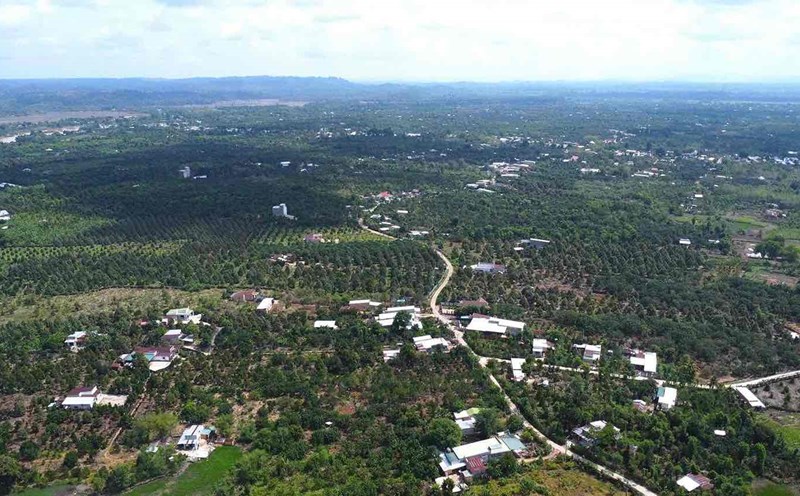Hezbollah announced that it had destroyed five Israeli Merkava tanks on the outskirts of Bayada village, located about 10km from the Lebanon-Israel border, on November 24. The force said the tanks were destroyed through a meticulously planned ambush.
According to information from Lebanon's Al Mayadeen TV channel, Hezbollah gunmen lured the Israeli military convoy to a predetermined position. Here, they quickly attacked, destroying four Merkava tanks in a row before continuing to destroy another tank that was trying to advance to rescue its comrades.
Following the attack on Bayada, a convoy of 30 Israeli military vehicles withdrew from the area. On the same day, Hezbollah announced that it had destroyed another Merkava tank in Deir Mimas, near the Lebanese border. This is the same location where the militant group launched a rocket attack on Israeli forces on November 24.
The Merkava tank, an icon of the Israeli military system, was developed in the 1970s and officially put into service in 1979. Designed with the goal of maximum protection for the crew, the Merkava has a solid frontal armor, a nose-mounted engine, a rearward-facing turret, and a rear-facing door. This line of tanks is often considered one of the best protected in the world today.
However, although the Merkava is highly regarded for its defensive capabilities, Hezbollah has proven effective in dealing with this type of tank. According to Al Mayadeen, Hezbollah has destroyed a total of 50 Merkava tanks since the Israeli ground campaign in southern Lebanon began in October 2023.
A video released in late October showed Hezbollah gunmen launching an Almas guided missile, guiding it over a large hill before accurately hitting the ammunition compartment at the rear of a Merkava tank.
The cross-border conflict between Hezbollah and Israel has become increasingly tense since the Gaza war broke out in October 2023. Hezbollah claims that its attacks are to show support for its ally Hamas in Gaza.
In response, Israel has increased its airstrikes in Lebanon since September 23, focusing on targets in eastern and southern Lebanon, and the area south of Beirut. In addition to airstrikes, Israel has also deployed ground forces into Lebanese territory.
According to Lebanon's Ministry of Health, conflicts in the country since October 2023 have killed at least 3,754 people, with the majority occurring after September 23. Israel also recorded casualties with at least 82 soldiers and 47 civilians killed in the clashes.











